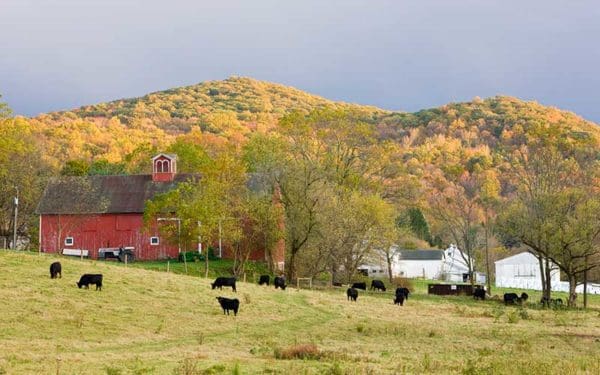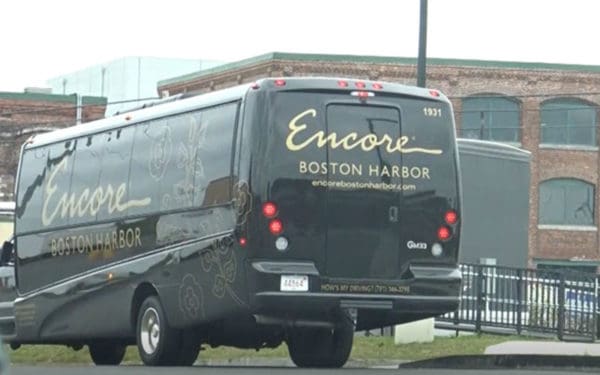Dec 13, 2019
“An increase in rain and snow is not an emergency,” said Jen Duggan Vice President and Director of CLF Vermont. “Vermont is a wet state and it is getting wetter as a result of climate change. The State should be focused on real solutions instead of relying on blanket waivers that are inconsistent with clean water laws and result in polluted waterways.”
Dec 13, 2019
“We think ultimately the science will show that the standards should be even tighter, but this will certainly improve the protection of public health, and it opens a process to ensure that all these toxic chemicals can be out of our drinking water,” said Brad Campbell, president of the Conservation Law Foundation.
Dec 13, 2019
Jen Duggan, director of CLF Vermont, said in an interview that the ban should remain due to the “greater risk” of manure spread on snow running off into water. The Vermont Attorney General’s Office is looking into possible stream pollution by a Highgate dairy farm based on an Agency of Agriculture enforcement staff video of manure-laden water flowing off a field into a nearby ditch.
Dec 11, 2019
Some Vermont lawmakers seem hell-bent on eliminating the state’s few wetlands that have survived three centuries of filling and draining. And if they have their way, our remaining wetlands could be at risk at the upcoming state legislative session, starting in January. It’s time to gear up and raise your voice for the under-appreciated, yet critically important values of Vermont’s wetlands.
Dec 05, 2019
Teams from seven New Hampshire communities – Concord, Claremont, Franklin, Manchester, Nashua, Rochester, and Somersworth – have come together as a Community of Action to identify local needs and actions to better protect children from lead poisoning.
Nov 18, 2019
Conservation Law Foundation filed its groundbreaking lawsuit against ExxonMobil for violations of federal environmental laws and for failing to prepare its Everett terminal to withstand the effects of climate change. CLF’s complaint alleges that ExxonMobil has been aware of the risks climate change poses and has not taken sufficient action — or “failed to design and implement protective measures” — to address them.
Nov 13, 2019
“We already know that this know that this kind of pollution is terrible for our upper respiratory system for things like asthma and lung disease,” said Alyssa Rayman-Read, vice president and director of CLF Massachusetts. “Encore and all these different companies have a responsibility to the communities that they’re in not to exacerbate existing public health crises.”
Nov 13, 2019
Since the Encore Boston Harbor casino opened its doors in June, residents of Everett, Chelsea, and Malden have been subjected to toxic tailpipe pollution from Encore’s branded vehicles, which consistently idle for more than 20-minute stretches near schools, parks, and homes. CLF has announced our intent to sue Encore and the companies operating its shuttle buses for their illegal idling, continuing our ongoing fight for cleaner air in our communities.
Nov 13, 2019
“The casino is a brand-new neighbor, and it’s already wearing out its welcome,” said Alyssa Rayman-Read, Vice President and Director of CLF Massachusetts. “There’s no excuse for shuttle buses sitting in already-vulnerable neighborhoods pumping toxic fumes into the air. These companies must prove that they care about the health of their neighbors and put an end to this dangerous, unlawful idling immediately.”
Nov 13, 2019
“The casino is a brand-new neighbor, and it’s already wearing out its welcome,” said Alyssa Rayman-Read, director of CLF Massachusetts. “There’s no excuse for shuttle buses sitting in already vulnerable neighborhoods pumping toxic fumes into the air.”




